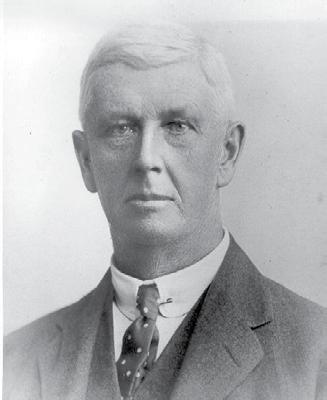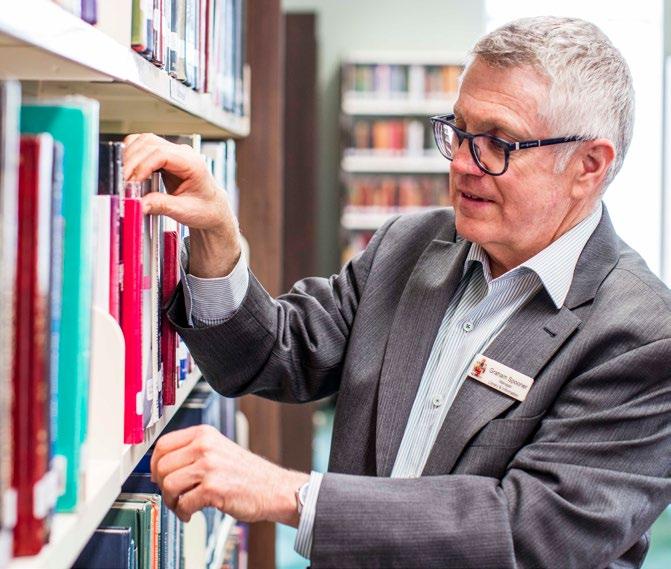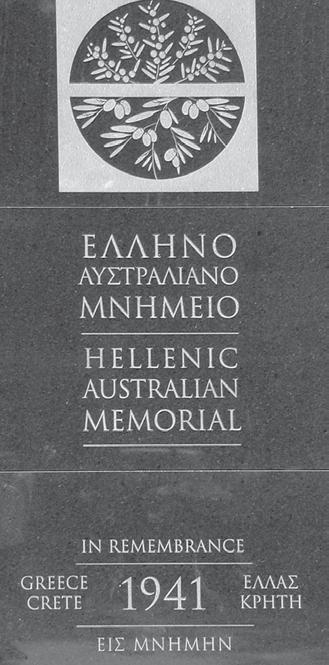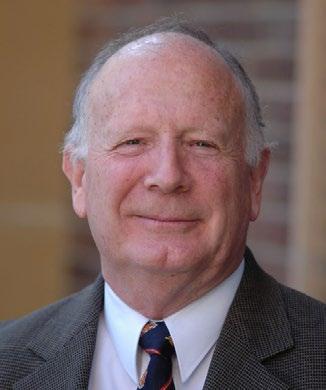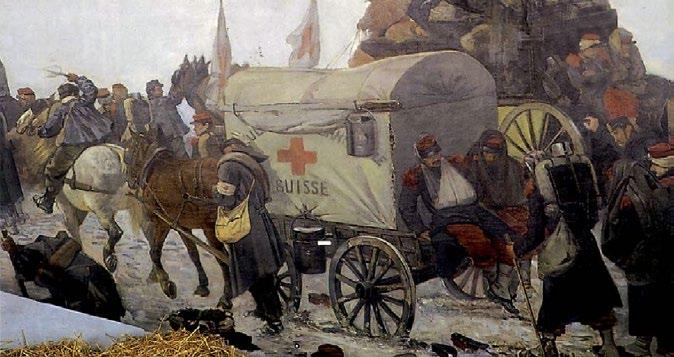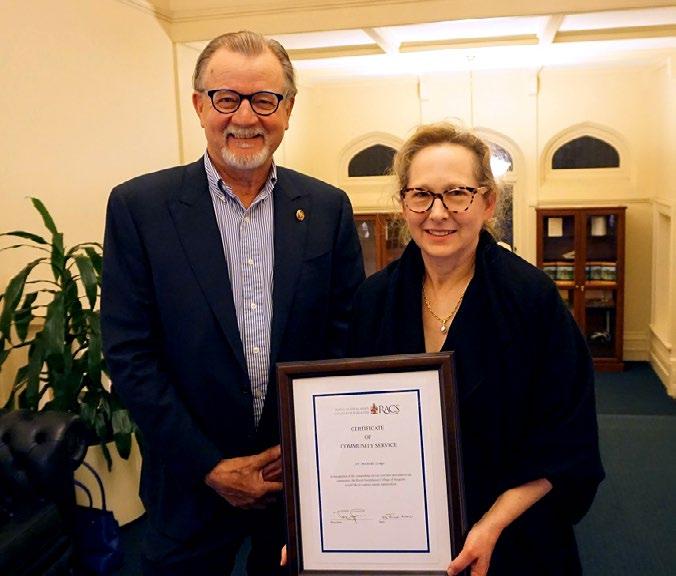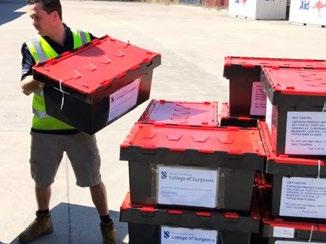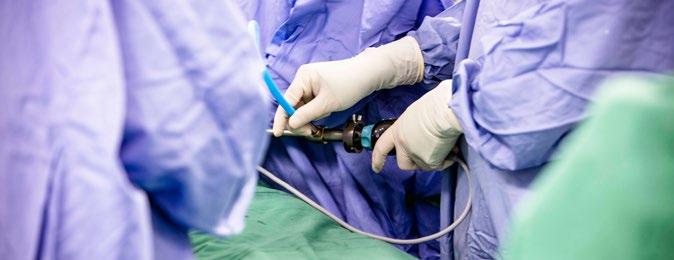40
Global health
Momentous achievement sees vital equipment delivered to PNG In the midst of a pandemic, people from across the country came together to make the impossible happen. A remarkable effort was coordinated in mid-September to deliver advanced paediatric life support training equipment to Royal Australian College of Surgeons’ (RACS) Global Health program partners in Papua New Guinea (PNG). The equipment, procured through RACS’ Global Health program and funded by the Department of Foreign Affairs and Trade (DFAT), has everything needed to deliver comprehensive training for all types of paediatric emergencies. In preparation for inevitable real-life emergencies they will train with neonate, infant, child and adolescent mannequins. This kit will be utilised through a new local training program, funded by the DFAT Australian NGO Cooperation Program. With Australia’s international borders closed and little hope of transporting the large cargo in a manageable and affordable manner, a strategy was developed that saw 16 large tubs of medical equipment piggybacking a Royal Australian Air Force (RAAF) mission into PNG. RACS’ Global Health Medical Equipment Coordinator, Gill Pye, worked with the Acting Director of Corridor Operations at DFAT, Krystal Millar, to establish a safe passage to PNG through the humanitarian corridor. The Essential Services and Humanitarian Corridor was established in March 2020
Above: the APLS kits being packed; bottom left: the kits being loaded for delivery.
by the Australian Government to ensure the continued supply of essential services and medical and testing equipment to the Pacific and Timor-Leste. To date, the corridor, which is operated by DFAT, has been used to provide 33 tonnes of personal protective equipment, COVID-19 testing equipment, medical supplies and other humanitarian goods to 13 countries and territories. More than 150 flights have transported equipment and supplies, and DFAT has also utilised commercial shipping routes for passage to countries not permitting incoming flights. DFAT utilises commercial transport options in the first instance. However, it draws on Australian Defence Force (ADF) assets when there is a scheduled route happening, and this was the mode used to transport the RACS equipment to PNG. The incidence of childhood deaths in PNG
is a significant concern. Chair of Global Health and orthopaedic surgeon Dr Annette Holian said they only know the number of children who arrive to hospital, as many people live in isolated rural communities where affordable modes of transport are a challenge. “Of those who get to hospital the death rate is around 10 per cent,” she said. Children in PNG are presenting to hospital quite late and, unless they live nearby, it can be difficult to get there, Dr Holian said. “There are often delays in the decision to go to hospital, delays in getting to the hospital and then whether they’re at the right hospital for the needs of the child.” What exacerbates the risk is that “kids can get sick and then very sick very fast”, Dr Holian said. “They can deteriorate quickly and unless you recognise the signs that they’re deteriorating, you can lose them very quickly.”

